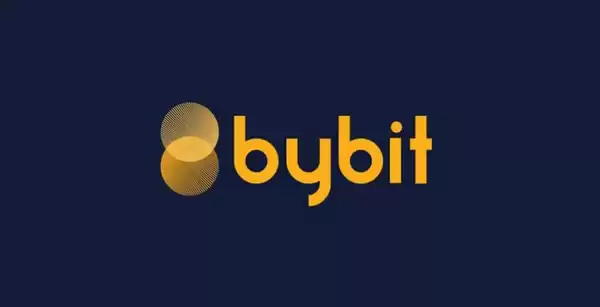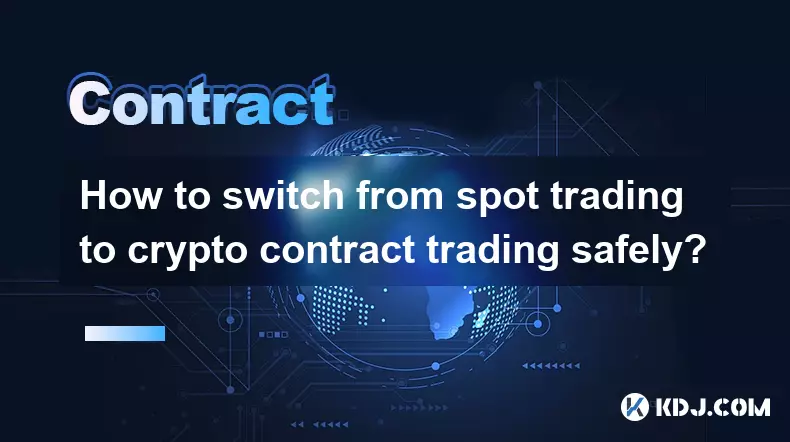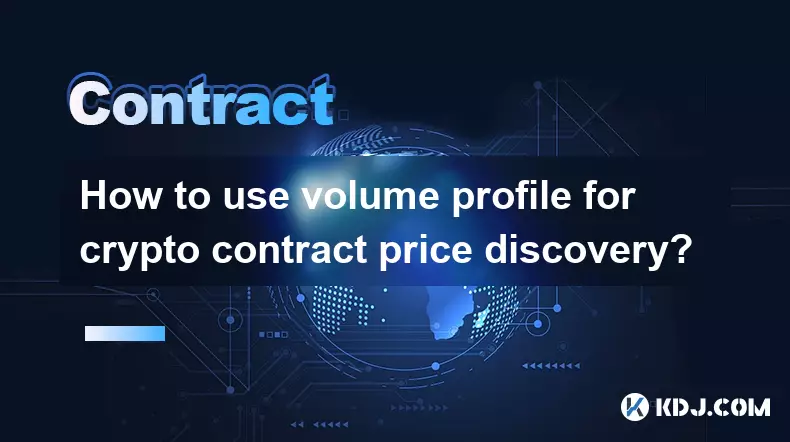-
 bitcoin
bitcoin $87959.907984 USD
1.34% -
 ethereum
ethereum $2920.497338 USD
3.04% -
 tether
tether $0.999775 USD
0.00% -
 xrp
xrp $2.237324 USD
8.12% -
 bnb
bnb $860.243768 USD
0.90% -
 solana
solana $138.089498 USD
5.43% -
 usd-coin
usd-coin $0.999807 USD
0.01% -
 tron
tron $0.272801 USD
-1.53% -
 dogecoin
dogecoin $0.150904 USD
2.96% -
 cardano
cardano $0.421635 USD
1.97% -
 hyperliquid
hyperliquid $32.152445 USD
2.23% -
 bitcoin-cash
bitcoin-cash $533.301069 USD
-1.94% -
 chainlink
chainlink $12.953417 USD
2.68% -
 unus-sed-leo
unus-sed-leo $9.535951 USD
0.73% -
 zcash
zcash $521.483386 USD
-2.87%
How to trade Bybit contract
Bybit contracts empower traders with the ability to amplify their gains or losses by speculating on the future movements of underlying cryptocurrency assets with customizable leverage ratios.
Nov 10, 2024 at 12:24 pm

Bybit is a renowned cryptocurrency exchange that offers a diverse suite of trading products, including futures contracts. Bybit contracts provide traders with the ability to leverage their positions and amplify their gains (or losses). This guide will delve into the intricacies of trading Bybit contracts, empowering you to make informed decisions and navigate the complexities of this exciting market.
Step 1: Understand Bybit Contracts- Definition: Bybit contracts are financial instruments that derive their value from the underlying cryptocurrency asset. Traders speculate on the future price movements of the asset, aiming to profit from price fluctuations.
- Types of Contracts: Bybit offers Perpetual Contracts and Inverse Perpetual Contracts. Perpetual contracts have no fixed expiry date, while inverse contracts trade against stablecoins like USDT instead of the underlying asset.
- Features: Bybit contracts provide flexibility with customizable leverage ratios, low trading fees, and advanced order types.
- Visit the Bybit website and click "Register" to create an account.
- Enter your email address, choose a strong password, and complete the CAPTCHA verification.
- Verify your email address by clicking the link sent to your inbox.
- Once your account is created, navigate to the "Security" section to enable 2-factor authentication (2FA) for added security.
- Cryptocurrency Deposits: You can deposit cryptocurrencies like Bitcoin, Ethereum, or USDT to fund your Bybit account.
- Fiat Currency Deposits: Bybit supports fiat deposits via credit/debit cards, bank transfers, and third-party payment processors.
- Identify the cryptocurrency asset you wish to trade and its corresponding trading pair.
- Select the type of contract you prefer: Perpetual or Inverse Perpetual.
- Set the leverage ratio based on your risk appetite (e.g., 5x, 10x, or higher).
- Types of Orders: Bybit offers various order types, including Limit Orders, Market Orders, Stop Limit Orders, and Stop Market Orders.
- Limit Orders: Define the specific price at which you want to enter or exit a trade.
- Market Orders: Execute a trade instantly at the current market price.
- Stop Orders: Set a trigger price to automatically place a trade when the market reaches a certain level.
- Position Management: Track your open positions in real-time, monitoring profit/loss (P/L) and margin requirements.
- Risk Management: Use stop-loss and take-profit orders to limit potential losses and secure gains.
- Margin Calls: Regularly monitor your margin ratio to avoid liquidation if the market moves against your positions.
- Closing: Close your positions when you wish to realize your profits or losses.
- Settlement: Once a position is closed, the contract settles at the current market price, updating your account balance accordingly.
Disclaimer:info@kdj.com
The information provided is not trading advice. kdj.com does not assume any responsibility for any investments made based on the information provided in this article. Cryptocurrencies are highly volatile and it is highly recommended that you invest with caution after thorough research!
If you believe that the content used on this website infringes your copyright, please contact us immediately (info@kdj.com) and we will delete it promptly.
- Trump's Northern Blast: How Canada Remarks Jolted WLFI Price and Shook Crypto Holders
- 2026-02-01 21:55:01
- LivLive Ignites Crypto Presale with Trillion-Dollar Ambitions: The Reality Layer Takes Center Stage
- 2026-02-01 21:50:02
- Buttcoin's Big Apple Buzz: Surging on Coinbase, Trending in the Crypto Wild West
- 2026-02-01 21:45:01
- Tokenization, Stablecoins, Remittances: The New York Minute for Global Finance
- 2026-02-01 19:20:01
- BlockDAG Poised for 100x Crypto Opportunity as Presale Enters Final Hours, Promising Massive Gains
- 2026-02-01 19:20:01
- Circle Charts Bold Course: Stablecoins to Reshape Global Finance by 2026
- 2026-02-01 19:25:01
Related knowledge

How to understand the impact of Bitcoin ETFs on crypto contracts?
Feb 01,2026 at 04:19pm
Bitcoin ETFs and Market Liquidity1. Bitcoin ETFs introduce institutional capital directly into the spot market, increasing order book depth and reduci...

How to trade DeFi contracts during the current liquidity surge?
Feb 01,2026 at 07:00am
Understanding Liquidity Dynamics in DeFi Protocols1. Liquidity surges in DeFi are often triggered by coordinated capital inflows from yield farming in...

How to trade micro-cap crypto contracts with high growth potential?
Feb 01,2026 at 02:20pm
Understanding Micro-Cap Crypto Contracts1. Micro-cap crypto contracts refer to derivative instruments tied to tokens with market capitalizations under...

How to optimize your workspace for professional crypto contract trading?
Feb 01,2026 at 08:20pm
Hardware Infrastructure Requirements1. High-frequency crypto contract trading demands ultra-low latency execution. A dedicated workstation with a mini...

How to switch from spot trading to crypto contract trading safely?
Feb 01,2026 at 03:59pm
Understanding the Core Differences Between Spot and Contract Trading1. Spot trading involves the immediate exchange of cryptocurrencies for fiat or ot...

How to use volume profile for crypto contract price discovery?
Feb 01,2026 at 09:39am
Understanding Volume Profile Basics1. Volume profile is a visual representation of trading activity at specific price levels over a defined time perio...

How to understand the impact of Bitcoin ETFs on crypto contracts?
Feb 01,2026 at 04:19pm
Bitcoin ETFs and Market Liquidity1. Bitcoin ETFs introduce institutional capital directly into the spot market, increasing order book depth and reduci...

How to trade DeFi contracts during the current liquidity surge?
Feb 01,2026 at 07:00am
Understanding Liquidity Dynamics in DeFi Protocols1. Liquidity surges in DeFi are often triggered by coordinated capital inflows from yield farming in...

How to trade micro-cap crypto contracts with high growth potential?
Feb 01,2026 at 02:20pm
Understanding Micro-Cap Crypto Contracts1. Micro-cap crypto contracts refer to derivative instruments tied to tokens with market capitalizations under...

How to optimize your workspace for professional crypto contract trading?
Feb 01,2026 at 08:20pm
Hardware Infrastructure Requirements1. High-frequency crypto contract trading demands ultra-low latency execution. A dedicated workstation with a mini...

How to switch from spot trading to crypto contract trading safely?
Feb 01,2026 at 03:59pm
Understanding the Core Differences Between Spot and Contract Trading1. Spot trading involves the immediate exchange of cryptocurrencies for fiat or ot...

How to use volume profile for crypto contract price discovery?
Feb 01,2026 at 09:39am
Understanding Volume Profile Basics1. Volume profile is a visual representation of trading activity at specific price levels over a defined time perio...
See all articles
























![[Audio stories] Streamer Became a Billionaire Overnight After Buying One Junk Coin [Audio stories] Streamer Became a Billionaire Overnight After Buying One Junk Coin](/uploads/2026/02/01/cryptocurrencies-news/videos/origin_697eaa9a495ed_image_500_375.webp)

















































